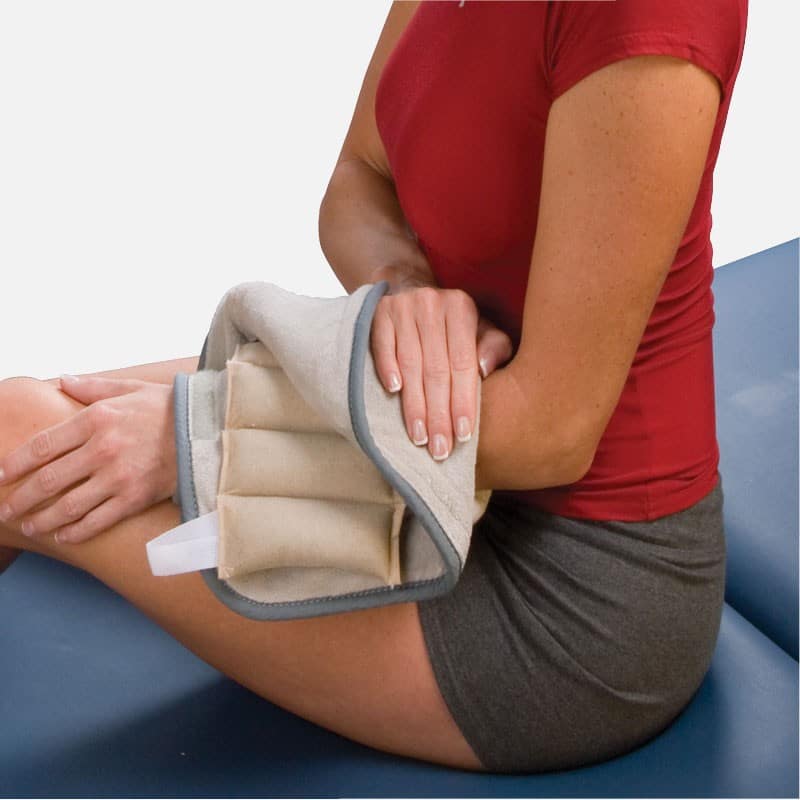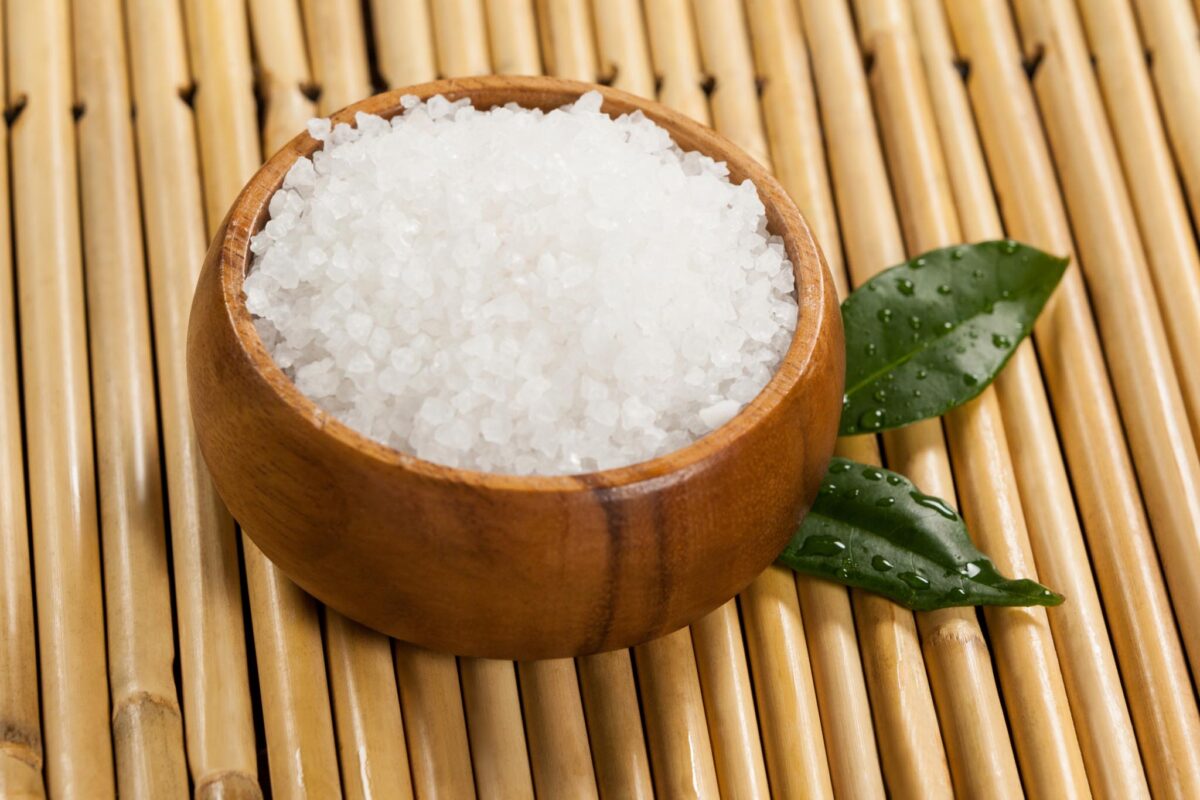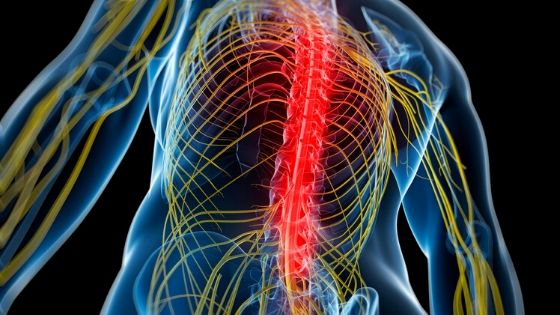Inflammation, Soreness, Myalgia, Meditation, Epsom salt.
Root Cause of Disease
Muscle aches (myalgia) are extremely common. Almost everyone has experienced discomfort in their muscles at some point.
A muscle can become injured as a result of strenuous exercise or sudden movement. When a muscle is overstretched, it can lead to a muscle strain (a.k.a. a pulled muscle).
By definition, a muscle strain is an injury to a muscle or a tendon (the fibrous tissue that connects muscles to bones). Muscle strains can sometimes be minor, while severe strains can cause these tissues to tear.
Symptoms
Many things can cause muscle pain, including:
- Autoimmune diseases
- Infections
- Injuries
- Medications
- Neuromuscular disorders
Causes
A muscle strain is an injury to a muscle or a tendon — the fibrous tissue that connects muscles to bones. Minor injuries may only overstretch a muscle or tendon, while more severe injuries may involve partial or complete tears in these tissues.
The main causes of muscle pain are:
- Nutritional deficit
- Dehydration
- Sprains and strains
- Sleep deficiencies
- Extended Physical Activity
- Infections, diseases, and hereditary conditions
Home Remedies to treat Muscle Pain
Remedy – 1: Ice packs
Materials: Ice towel or Ice Pack

Procedure:
Ice towel:
- Dampen a towel with cold water
- Fold it and place it in a plastic, sealable bag
- Place the bag in the freezer for 15 minutes
- Remove it from the freezer and place it in the affected area
An ice pack or cold compress:
- Put ice in a plastic, sealable bag
- Fill partially with water
- Seal the bag, squeezing the air out of it
- Wrap the bag in a damp towel and put it on the affected area
Product link: Cold/Hot Pack
Remedy – 2: Warm Bath in Epsom salt
Materials: Epsom Salt and warm water.

Procedure:
Use 2 cups of Epsom salt for a standard-size bathtub filled with warm water.
- Pour the salt into running water to help it dissolve faster into the bath
- Soak in the tub for at least 12 minutes, or 20 minutes to treat muscle soreness
Adding a few drops of diluted cinnamon bark essential oil may also help ease muscle pain. Cinnamon bark oil has a warming effect on the skin that some find soothing on sore muscles. A 2017 study also found it to be a promising anti-inflammatory agent.
Adding essential oils, such as lavender or peppermint, can offer additional aromatherapy benefits, such as relaxation and improved mood.
Product: Epsom salt
Remedy – 3: Rest and Elevate
Materials: Relaxed mood and elevating positions.

Procedure:
Elevate the injured area above the level of your heart, especially at night, which allows gravity to help reduce swelling.
Other Remedies
Peppermint oil
This is a very popular home remedy for muscle pain. There are some studies in which it is said that taking peppermint oil can help you to get relief from the pain. Also, there are some studies in which it is said that the topical use of peppermint oil can give you relief from muscle spasms. This natural cure can be unsuitable for some people, like people who have problems with the gallbladder, liver or bile duct. You can easily find peppermint essential oil in the health food stores.
Magnesium
This mineral is vital for nearly all bodily functions. Also, it is very important for proper muscle contractions. You should add foods which are rich in magnesium to your diet, such as edamame, black beans, spinach, cashews and almonds.
Protein
It is very important to have adequate protein intake after exercise because it can help to reduce muscle inflammation. There are many different proteins so you should ask your doctor about the best which you should add to your diet.
Chamomile
This chamomile has been used as a home remedy for muscle spasms for centuries. It has anti–inflammatory properties which can help you to get relief from muscle spasms.
Massage
You can take a deep tissue massage from a qualified massage therapist because it will give you relief from muscle spasms. This massage should be firm but not painful. If you experience muscle spasms, then you should see a physiotherapist which can help to determine the underlying problem.
Lemongrass
There are some people who use lemongrass oil or tea as a treatment for muscle spasms. You need to ask your doctor about the best way in which this home remedy can help you.
Preventions
Regular stretching and strengthening exercises for your sport, fitness, or work activity, as part of an overall physical conditioning program, can help to minimize your risk of muscle strains.
There are also some simple changes people can make to their lifestyle to prevent muscle stiffness. These include:
- Exercising regularly
- Warming up and down before and after exercise
- Stretching the muscles
- Wearing the correct footwear during exercise
- Wearing warm clothing in cold weather
- Practicing good posture
- Ensuring furniture at home and work gives comfort and support
- Avoiding long periods of inactivity




